Developers familiar with Apple's plans say the new iOS 4 brings a series of plumbing improvements that move the core of iPhone OS 2.0 and 3.0 from the level of 2007's Mac OS X 10.5 Leopard into the modern world of today's desktop and notebook Macs running Snow Leopard.
Primary new features include support for Blocks, which encapsulate C, C++ or Objective C code and data into a single object somewhat similar to a closure or function object. The system uses Blocks to support Grand Central Dispatch, which queues up and schedules them for execution, potentially in parallel on multiple processor cores.
Another core set of functionality iOS 4 borrows from Snow Leopard is expanded support for powerful regular expression tools for pattern matching, search, and replacement of text content.
The new iOS 4 also includes major new core networking features on par with Snow Leopard, including broad support for IPv6 addressing and DNS, something that will be increasingly critical for adoption in countries like China and Japan, which are aggressively moving their networks to the modern new standard for Internet addressing as IPv4 addresses run out.
Additional under-the-hood work in iOS 4 was done to support new "Anyconnect" SSL VPNs from Cisco and Juniper. The SSL-based VPNs are quickly becoming popular as a way to offer easy to configure, secure access to corporate networks from any location, regardless of NAT or other complications, and without needing specialized equipment or software on the client side, as was the case with IPSec VPNs.
Apple's near-exclusive focus of its Worldwide Developer Conference on iOS 4 this year, without even any mention during the keynote address related to new technology on the horizon for Mac OS X, makes sense given that the company had some catch up work to do to bring its mobile platform into feature parity with its desktop operating system.
The move also opens the potential for Apple to begin taking advantage of multiple core processors and delegation off tasks to available graphics cores, a frontier it just recently pioneered on the desktop with the release of Snow Leopard last year.
Apple is uniquely positioned as a operating system architect with a sophisticated, modern core operating system that scales from the desktop to mobile devices. In contrast, Microsoft is now selling a bewildering variety of different operating system products with very different kernels and core operating environments necessary to support legacy:
- Windows 7 on the desktop PC
- Windows Embedded Standard for other devices, based on XP
- Windows Embedded Enterprise, with versions based on both XP and Vista
- Windows Embedded Compact, based on an old version of Windows CE 5 in Windows Mobile 6.x
- The forthcoming Windows Phone 7, based on the newest Windows CE 6, which is separately used by the Zune HD and shares some components with Kin devices, despite their being incompatible on an app level with both new Windows Phone 7 and old Windows Mobile 6 devices.
 Prince McLean
Prince McLean
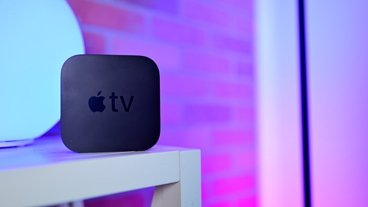


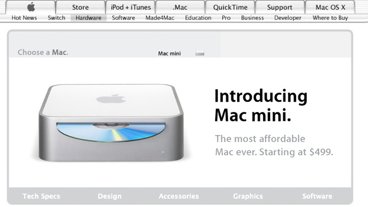
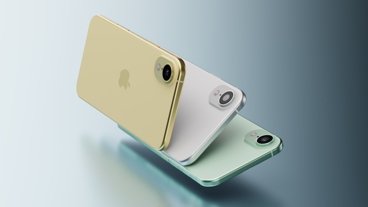
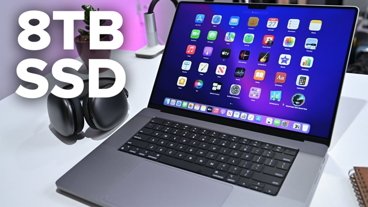
-m.jpg)





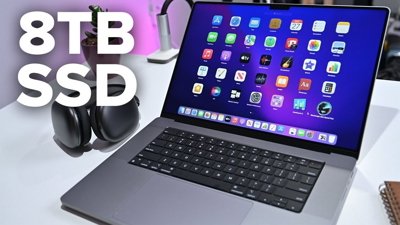
 Christine McKee
Christine McKee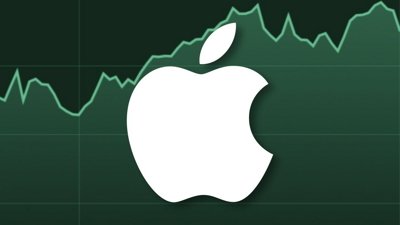
 Marko Zivkovic
Marko Zivkovic
 Wesley Hilliard
Wesley Hilliard
 Malcolm Owen
Malcolm Owen
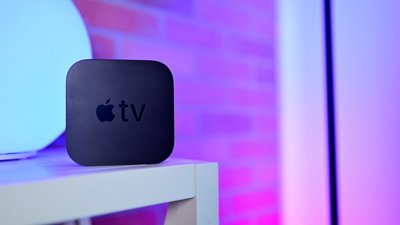

 William Gallagher
William Gallagher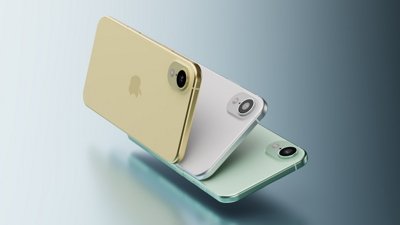
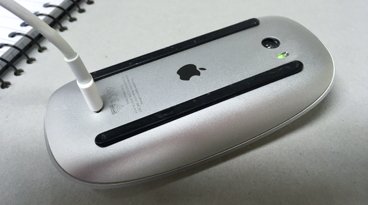
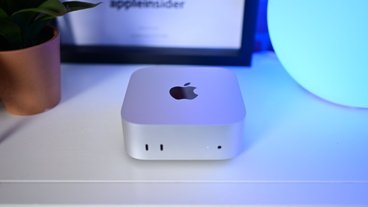








81 Comments
To whoever wrote this post:
Is XCode even installed on your 'puter? How 'bout spell check?
To whoever wrote this post:
Is XCode even installed on your 'puter? How 'bout spell check?
Did you read the article? Was it informative? Did you get something out of it besides a case of the troll wannabes?
To whoever wrote this post:
Is XCode even installed on your 'puter? How 'bout spell check?
Apple doesn't spell Xcode with those caps, does it?
...is all the support in iOS4 for Snow Leopard Server - that is, the technologies in Apple's server product. That is:
CalDAV - as used in Calendar Server
CardDAV - as used in Address Book Server
For those using the other Apple operating system, that is a big and welcome update.
Is that the official Microsoft product name, or a description of the OS? It's getting hard to tell these days...